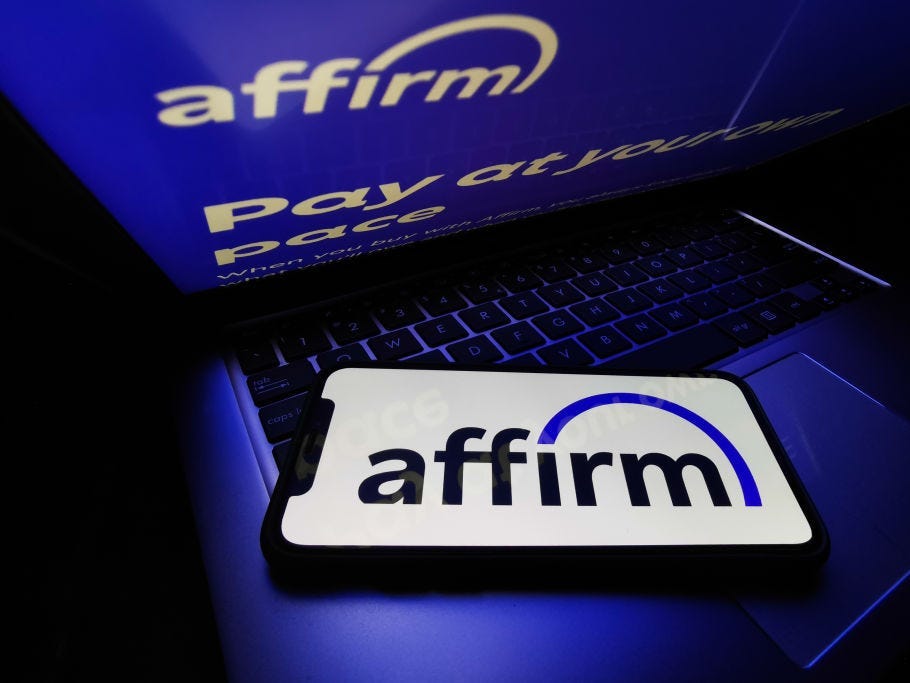- CEO of pay later unicorn Affirm tells Bloomberg he's "genuinely excited" about Apple's move.
- Max Levchin said he's "not particularly worried" about the threat Apple Pay Later poses to Affirm.
- Apple's move comes at a difficult time for the sector, with Klarna laying off 10% of staff in May.
The cofounder of "buy now, pay later" unicorn Affirm said he's "genuinely excited" about Apple's decision to enter the same market despite the threat it may pose.
Tim Cook announced Apple Pay Later at its developer conference on Monday. The Apple Wallet feature lets users split any purchase into four interest-free payments over six weeks.
Max Levchin, who is also Affirm's CEO, told Bloomberg TV on Tuesday: "They're focusing on a six-week product, which I think is great. There's plenty of competitors and they should be worried – I think this spells a certain level of concern for folks that are really specialized in this really short-term product."
In contrast, Affirm offers payment plans for up to 60 months, he said.
Rajat Roy, an associate professor at Bond University, wrote in a piece for The Conversation that Apple was "trying to consolidate its foothold in the world of consumer finance, and increase its profitability".
He added: "As Apple's customers increasingly start to use the Pay Later service, it will gain from merchant fees."
Affirm stock dropped 6% on Monday after Apple's announcement and has lost almost three quarters of its value this year following a turbulent period for buy now, pay later firms, but is still worth about $7 billion.
In late May, Swedish fintech darling Klarna laid off 10% of its staff, or about 700 employees. Affirm, however, is still actively hiring, Levchin said.
Regulators in the UK and the US are also paying increasing attention to the sector. In December, the US Consumer Financial Protection Bureau opened an investigation into consumer debt levels on platforms including Klarna and Afterpay.
In a comment to Insider, a spokesperson for Affirm said, "consumers, especially now, are looking for more transparent and flexible alternatives to credit cards."
"By underwriting every single transaction, we empower consumers to responsibly pay over time and help merchants drive growth, turning browsers into buyers," they added.
